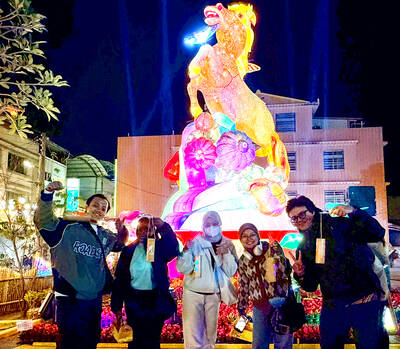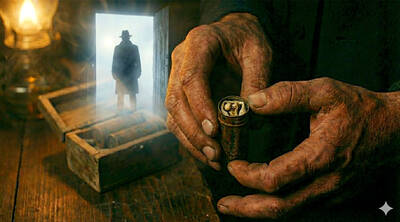Not long ago, Taiwanese director Yee Chih-yen came out of the closet on his Facebook page. Yee revealed that during his life he has often felt at a loss for what to do, as his parents had trouble understanding his sexual orientation.
Yee therefore reached out to LGBT people and their parents, saying “Life is short. Don’t let the opportunity to better understand your loved ones pass you by.” He wrote about how an article by journalist Fan Chi-fei, encouraging middle-aged homosexuals to have the courage to come out, had spurred him to act.
Yee also posted a photograph on Facebook of actress Gwei Lun-mei and actor Chen Bo-lin, who starred in his 2002 film “Blue Gate Crossing,” holding a placard supporting the draft bills for marriage equality and calling for guarantees of LGBT people’s right to marry.

Photo: Chen Chin-sheng, Liberty Times
照片︰自由時報記者陳晉生
The LGBT community is holding a rally today on “International Human Rights Day” in support of the bills.
(CNA, translated by Eddy Chang)
台灣導演易智言近日在臉書「出櫃」,公開表明同志身分。他透露,因性向不被父母理解,生活之中總有諸多無奈。
易智言並向同志朋友和同志父母喊話︰「不要錯過相愛的人可以互相認識的時間,因為生命很有限。」他也提到記者范琪斐一篇要中年同志勇敢出櫃的文章,對他是一大刺激。
易智言還在臉書上貼出一張演員桂綸鎂、陳柏霖手拿標語,支持婚姻平權法案的照片,呼籲保障同性戀者結婚權益。他們曾一起演出易導二○○二年的電影「藍色大門」。
同志社群則會在今天「國際人權日」舉行集會,以推動該法案。(中央社)

A: Harvard professor Robert Waldinger’s “7-day Happiness Challenge” includes: Day 1: Take stock of your relationships; Day 2: The secret power of an 8-minute phone call; Day 3: Small talk with strangers has big benefits. B: That’s not too hard. What’s next? A: Day 4: Why you should write a “living eulogy;” Day 5: The importance of making work friends; Day 6: Don’t cancel those social plans. B: Good ideas. What’s the final challenge? A: Day 7: Keep happiness going all year long. So, I’m inviting some friends to the Taipei Lantern Festival today to build good relationships. Wanna

★ 本文由生成式 AI 協作,本刊編輯編修。 For tourists looking for a scenic way to spend an afternoon in Kaohsiung, heading to the British Consular Residence of Takao is the perfect choice. Its elevated position allows one to take in the bustling Kaohsiung Harbor to the east and the dazzling sunset over Sizihwan Bay to the west. This elegant red-brick building also serves as a portal to the city’s rich history. Interestingly, for 70 years, many people mistakenly identified this residence as the actual consulate. The history of “Takao,” the former name of Kaohsiung, began its international chapter in the mid-19th century. As European powers

★ Bilingual Story is a fictionalized account. 雙語故事部分內容純屬虛構。 The fog came before the knock. It covered the street and pressed against the window. Chao Gung-dao lit a small oil lamp, but his makeshift hut stayed dim. Another knock. Chao opened the door. The inspector stepped inside and removed his hat. He did not smile. “You remember me?” the inspector said. Chao resented the question. The inspector looked around the small room. His eyes stopped on a wooden box resting on a low beam above Chao’s head. “What is that?” Chao stayed silent. The inspector pulled the box down and

★ 本文由生成式 AI 協作,本刊編輯編修。 Continued from yesterday(延續自昨日) https://www.taipeitimes.com/News/lang Kaohsiung’s deep connection with the sea continues to thrive, with Kaohsiung Harbor remaining a crucial hub for global shipping. In addition to the port, the city has emerged as a major player in another world-class maritime industry—yacht manufacturing, responsible for producing 80 percent of all Taiwan-made yachts. The yacht industry in Taiwan originated in the post-World War II era, when the US military presence in Taiwan provided local boat builders with guidance on making wooden yachts. The resulting craftsmanship was so exquisite that orders soon poured in. In 1977, Taiwan replaced Canada as the main yacht